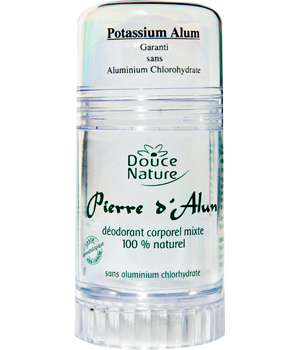summerflyy
Well-Known Member
- Joined
- Jul 8, 2014
- Messages
- 236
- Reaction score
- 72
My friend have problem with BO and he had to go to lengths to hide his BO. [That's what he said because I didn't know about his BO until he told me that he had painstakingly hid all his smell when he goes out with me]
He wanted me to help him to make a soap that could cut his pain a little. I saw the video on soaping 101 when alum was used. I am wondering if alum is the same thing as alum powder used in baking or are they different?
I have also seen people using baking soda to make a deodorizing soap. How does this work? Does it even work? Are there anyone who worked with baking soda/powder in soaps and also alum powder?
Thank you !
He wanted me to help him to make a soap that could cut his pain a little. I saw the video on soaping 101 when alum was used. I am wondering if alum is the same thing as alum powder used in baking or are they different?
I have also seen people using baking soda to make a deodorizing soap. How does this work? Does it even work? Are there anyone who worked with baking soda/powder in soaps and also alum powder?
Thank you !







